In a landmark judgment with nationwide implications, the Bombay High Court has ruled that “the right to privacy extends to all forms of digital surveillance, including AI-driven facial recognition systems.” The verdict comes amid growing debate on government and corporate use of artificial intelligence for mass monitoring, making it one of India’s most significant digital rights rulings since the 2017 Puttaswamy privacy case.
Mumbai, October 23 —
In a verdict that could reshape the future of digital governance in India, the Bombay High Court on Tuesday declared that unregulated AI surveillance and facial recognition violate the fundamental right to privacy under Article 21 of the Constitution.
Delivering a 116-page judgment, a division bench of Justice Gautam Patel and Justice Neela Gokhale held that “technology cannot override dignity” and that the state must balance innovation with constitutional morality.
“The individual is not a data point. The Constitution does not permit the reduction of citizens into code,” Justice Patel wrote in the judgment.
The case — People’s Forum vs. State of Maharashtra — was filed by a coalition of civil society organisations challenging the installation of AI-powered facial recognition cameras in Mumbai’s railway stations and public squares without a legal framework.
1. The Case That Sparked the Debate
The controversy began in late 2023, when the Maharashtra Police, under its “Safe City Surveillance Project,” installed 3,200 AI-enabled cameras capable of real-time facial recognition and behavioural analytics.
These systems, developed by a private vendor under a public–private partnership, could track individuals across multiple cameras and cross-match them with police databases.
Civil rights activists argued that the project violated citizens’ right to privacy, lacked legislative backing, and risked mass profiling.
“The state cannot watch every citizen under the pretext of safety,” said Advocate Rutuja Deshmukh, representing the petitioners.
“Surveillance without consent is control, not security.”
2. Court’s Core Finding: Consent and Proportionality
The High Court reaffirmed that any surveillance must meet the tests of legality, necessity, and proportionality as laid down by the Supreme Court in Justice K.S. Puttaswamy (Retd.) v. Union of India (2017).
Key excerpts from the judgment:
“The Constitution does not recognise a hierarchy where technology trumps liberty.”
“The deployment of AI tools by the state must have legislative sanction and judicial oversight.”
“Absence of informed consent renders mass data collection unconstitutional.”
The Court directed that the AI surveillance system be suspended until a clear regulatory framework — with citizen safeguards and audit mechanisms — is established.
3. Why This Case Matters
This ruling is seen as a watershed moment in India’s evolving data protection landscape.
Legal experts have hailed it as the first major judicial interpretation of the Digital Personal Data Protection Act (DPDP), 2023.
“It’s the first time an Indian court has explicitly examined the constitutional boundaries of AI,” said Prof. Apar Gupta, Executive Director of the Internet Freedom Foundation.
“The judgment bridges the gap between rights and algorithms.”
4. The Government’s Defence
The Maharashtra Home Department defended the project as a public safety measure, citing successful use of facial recognition to identify criminals and missing persons.
“The cameras have helped track over 2,000 wanted individuals and 300 missing children,” the state argued.
However, the Court noted that “success cannot sanctify surveillance” and emphasised that even beneficial uses of AI must operate within a legal framework.
“Good intentions cannot legalise unconstitutional acts,” the bench observed.
5. Privacy vs. Safety: The Eternal Tension
The judgment reignites the broader debate: Can surveillance and privacy coexist?
India’s rapid digitalisation has spurred use of AI for:
- Smart city monitoring,
- Traffic management,
- Border security, and
- Public welfare schemes.
But the absence of comprehensive AI governance law has created a “legal vacuum” where tech innovation outpaces regulation.
“Technology is moving at 200 km/h, while the law crawls at 20,” said Senior Advocate Indira Jaising, commenting after the verdict.
“The Court has hit the brakes just in time.”
6. Constitutional Principles Reaffirmed
The bench reiterated three key constitutional principles:
- Right to Privacy is not absolute but inviolable without due process.
- Citizens have a right to informational self-determination.
- The State must ensure data minimisation and transparency in any AI deployment.
“Digital liberty is the new frontier of constitutionalism,” Justice Gokhale wrote.
7. Impact on AI and Tech Industry
The judgment is expected to ripple through India’s AI, fintech, and adtech ecosystems.
Companies using biometric verification, predictive analytics, or customer surveillance tools may now face stricter compliance scrutiny.
“The Court has effectively drawn a red line — you can’t treat human data as raw material,” said Nasscom policy head Debjani Ghosh.
“Businesses must now design ethics into their algorithms.”
8. Implications for Government Schemes
Legal experts believe the ruling will influence projects such as:
- DigiYatra facial recognition at airports,
- Safe City AI grids in Delhi, Hyderabad, and Bengaluru, and
- Aadhaar-linked welfare analytics.
All such programs will now likely require privacy impact assessments (PIAs) and data protection audits before rollout.
“The judgment restores the primacy of human rights in digital governance,” said Justice (Retd.) A.P. Shah, former Chief Justice of the Delhi High Court.
9. The Court’s Directive to the State
The bench ordered the Maharashtra government to:
- Halt all AI-based public surveillance until a legal framework exists.
- Appoint a Data Protection Officer (DPO) within 60 days.
- Publish transparency reports detailing use, storage, and sharing of surveillance data.
- Establish a judicial oversight mechanism for warrants involving AI-based monitoring.
It also directed the Union Ministry of Electronics and IT (MeitY) to draft AI governance guidelines within six months, in consultation with civil society.
10. Academic and Global Perspectives
International observers have praised the verdict as a model for developing democracies grappling with AI ethics.
“India’s courts are emerging as pioneers in algorithmic accountability,” said Kate Crawford, author of Atlas of AI.
“This judgment echoes global calls for ‘human-centered AI’ governance.”
The verdict aligns India with privacy-forward democracies like the EU (GDPR) and contrasts sharply with China’s state-driven surveillance model.
11. The Technology Under Scrutiny
Court documents revealed that the facial recognition system used:
- Deep neural networks trained on 2.8 million facial images,
- Behavioural analytics modules to detect “suspicious activity,” and
- Predictive policing dashboards for crowd profiling.
Experts warned these systems risk false positives, especially against marginalised groups.
“When machines judge intent, humans lose context,” said Dr. Reetika Khera, data ethicist at IIT Delhi.
“The algorithm becomes the policeman — without accountability.”
12. The Human Cost
One of the petitioners, Rahul Gaikwad, a daily commuter, described receiving a “false match” alert that led to wrongful detention.
“I was taken aside, questioned, and later told it was a software error,” Gaikwad recounted.
“They said I looked like someone on a wanted list — that’s not justice, that’s humiliation.”
The Court cited his case as proof that algorithmic errors can produce real-world harm.
13. Public Reaction
Social media erupted in debate soon after the ruling.
While digital rights advocates celebrated it as “a victory for civil liberty,” law enforcement circles called it “a setback for smart policing.”
“Privacy cannot become a privilege of the tech-savvy,” tweeted author Arundhati Roy.
“It’s the right of the anonymous citizen.”
14. What Happens Next
The Maharashtra government has announced plans to appeal to the Supreme Court, arguing that the decision may hamper crime prevention and counterterrorism efforts.
However, legal experts believe the apex court is likely to uphold the ruling, especially since it builds upon the Puttaswamy doctrine.
“This case could become India’s ‘Digital Habeas Corpus’ moment,” said Senior Advocate Kapil Sibal.
15. The Global Trend Toward Regulation
Countries worldwide are grappling with similar dilemmas:
- UK’s Court of Appeal (2020) restricted automated facial recognition in public.
- US cities like San Francisco banned police use of such systems.
- EU’s AI Act (2024) classifies biometric mass surveillance as “high-risk technology.”
India’s verdict now places it within this emerging global consensus for AI ethics and accountability.
16. Role of the DPDP Act, 2023
The judgment also clarifies the scope of India’s Digital Personal Data Protection Act, 2023, noting that:
“The Act is a floor, not a ceiling, for privacy protection.”
This means that constitutional guarantees under Article 21 supersede legislative limitations — a crucial safeguard against state overreach.
17. A Victory for Civil Society
The petition was backed by multiple NGOs, including Internet Freedom Foundation (IFF), Common Cause, and Lok Niti.
Activists hailed the verdict as a “citizen’s bill of rights for the digital era.”
“This is the first time AI has been put on the witness stand — and it lost,” said Anjali Bharadwaj, transparency campaigner.
18. Challenges in Implementation
Despite its sweeping impact, challenges remain:
- Lack of technical expertise in judiciary for continuous oversight.
- Ambiguity over vendor accountability in AI contracts.
- Need for independent audits to ensure algorithmic fairness.
“The verdict sets the standard, but compliance will test its spirit,” said Justice (Retd.) Deepak Gupta.
19. Expert Consensus: A New Legal Era
Legal experts across India agree the judgment will have a domino effect.
“Every state surveillance tender will now face scrutiny,” said Advocate Karuna Nundy.
“The court has reasserted that the Constitution is the ultimate firewall.”
20. Conclusion: Human Before Machine
In a digital age dominated by algorithms and analytics, the Bombay High Court’s ruling is a reminder that law must lead technology, not chase it.
“The right to be unseen is as sacred as the right to speak,” the judgment concludes.
“Surveillance without consent is the antithesis of freedom.”
As India prepares to enter an AI-driven decade, this verdict may well define its moral compass — one where progress and privacy coexist, not collide.
#BombayHighCourt #RightToPrivacy #AISurveillance #DigitalRights #ConstitutionalLaw #DPDPAct #HumanRights #SarhindTimes





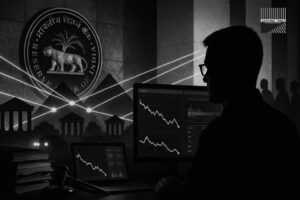







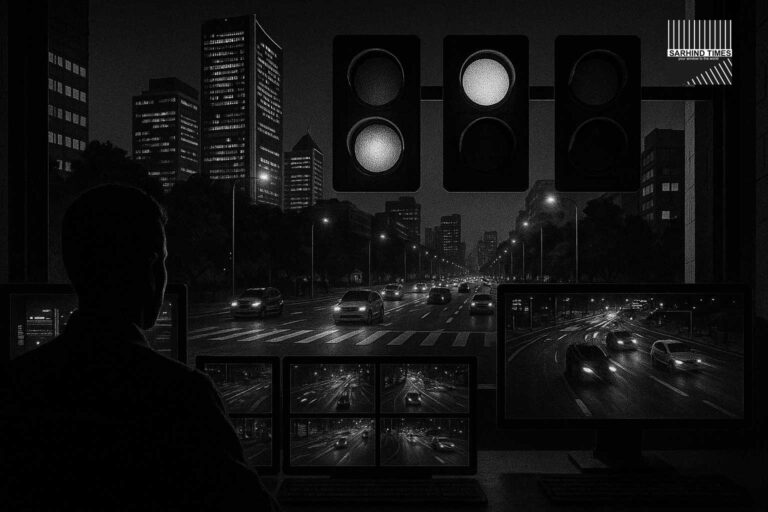
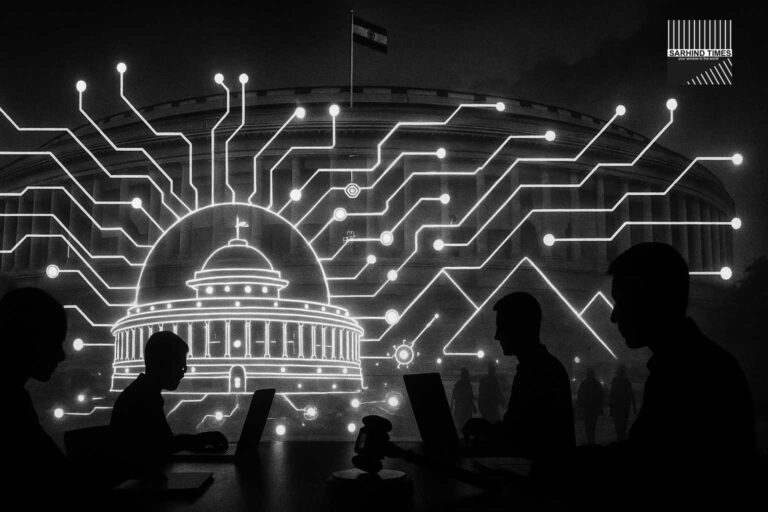
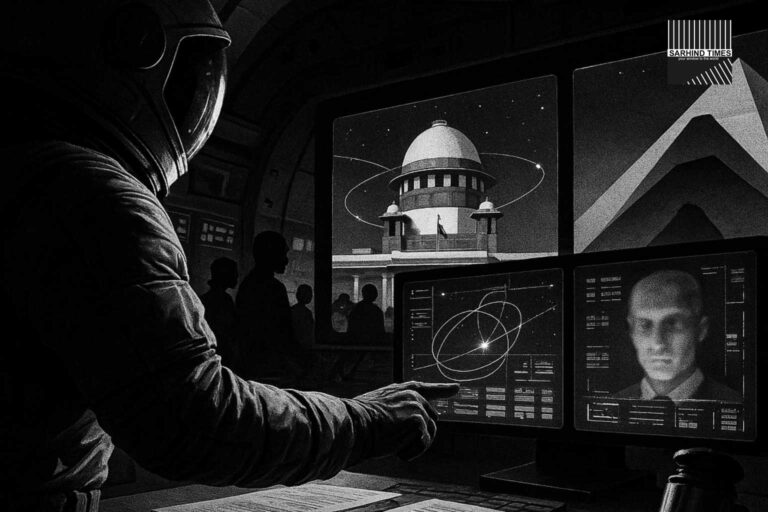
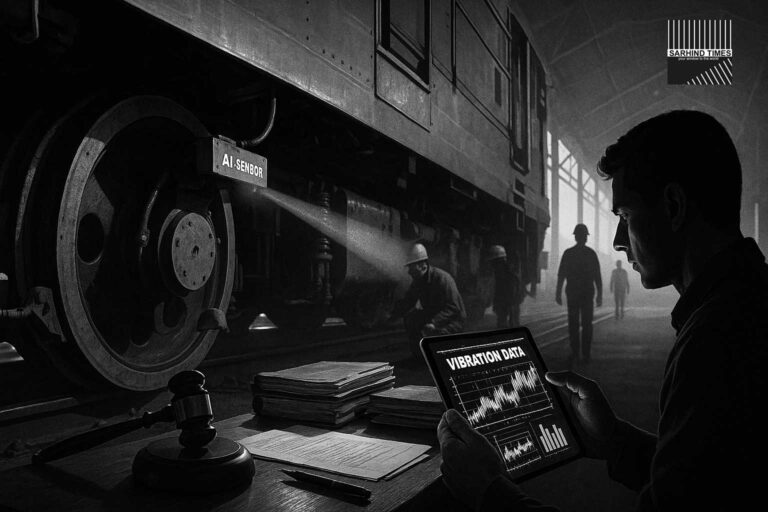
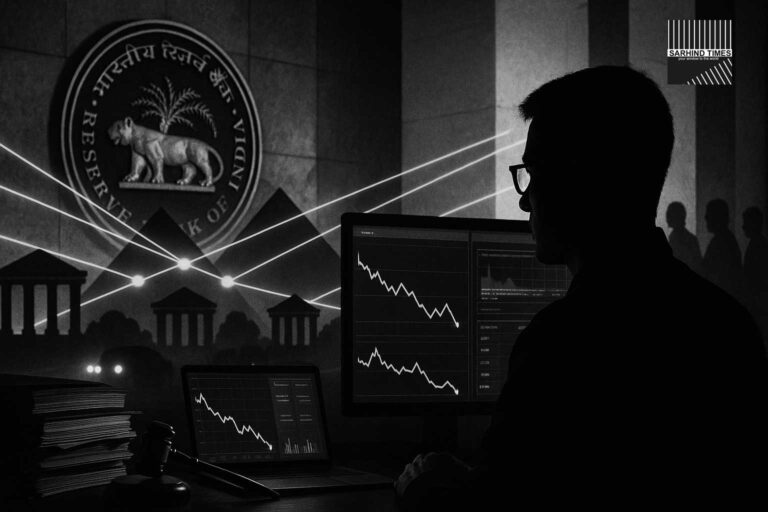
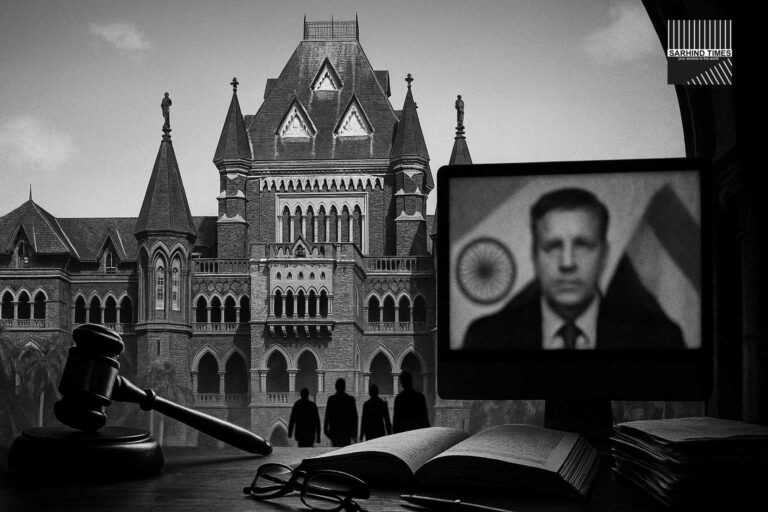
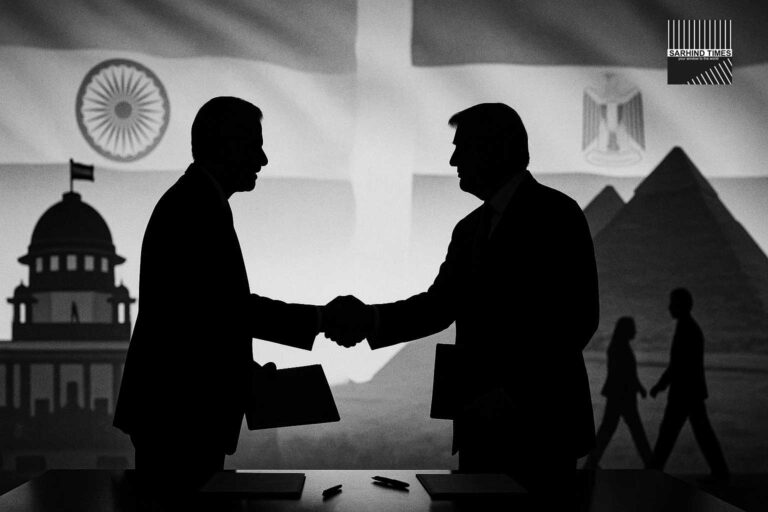
+ There are no comments
Add yours